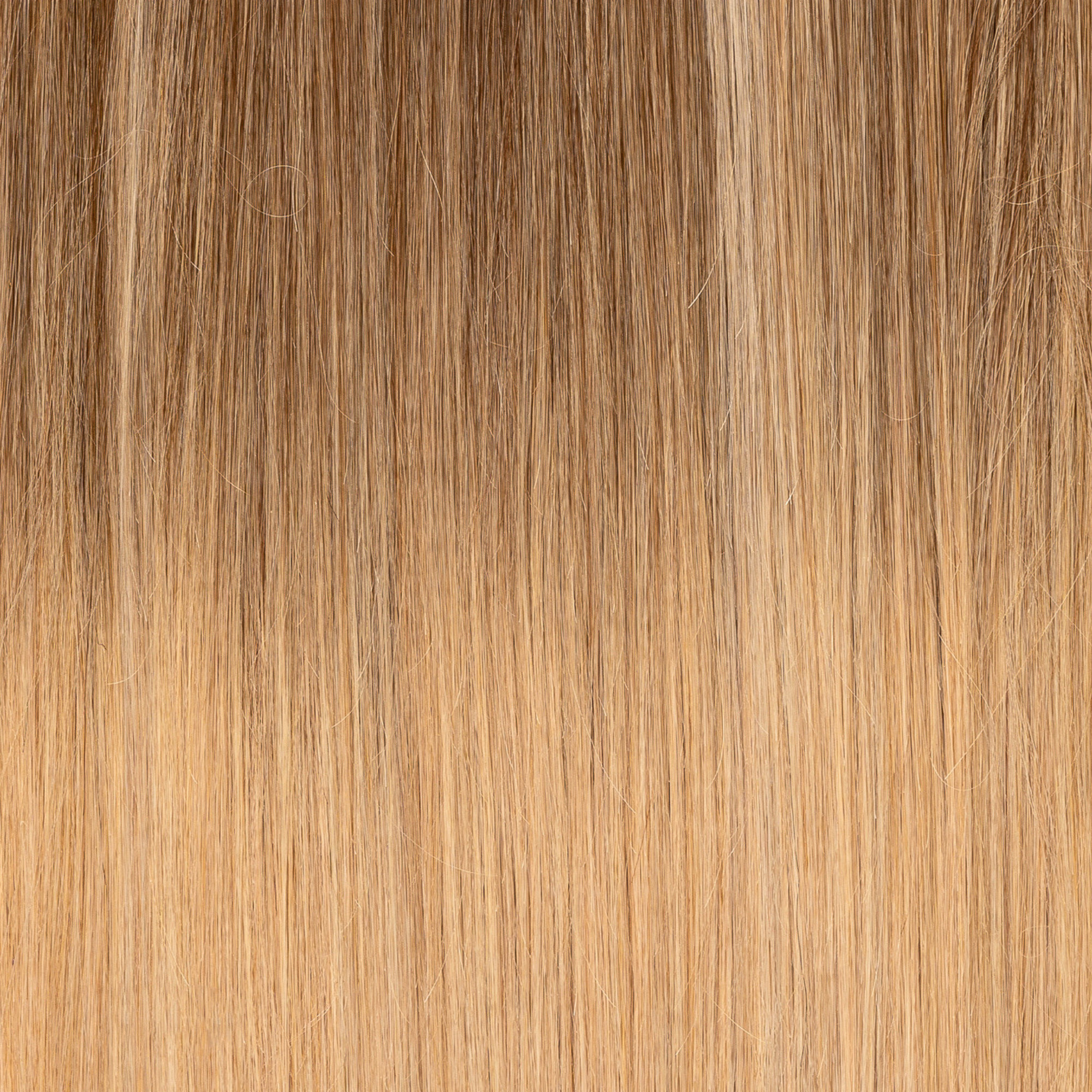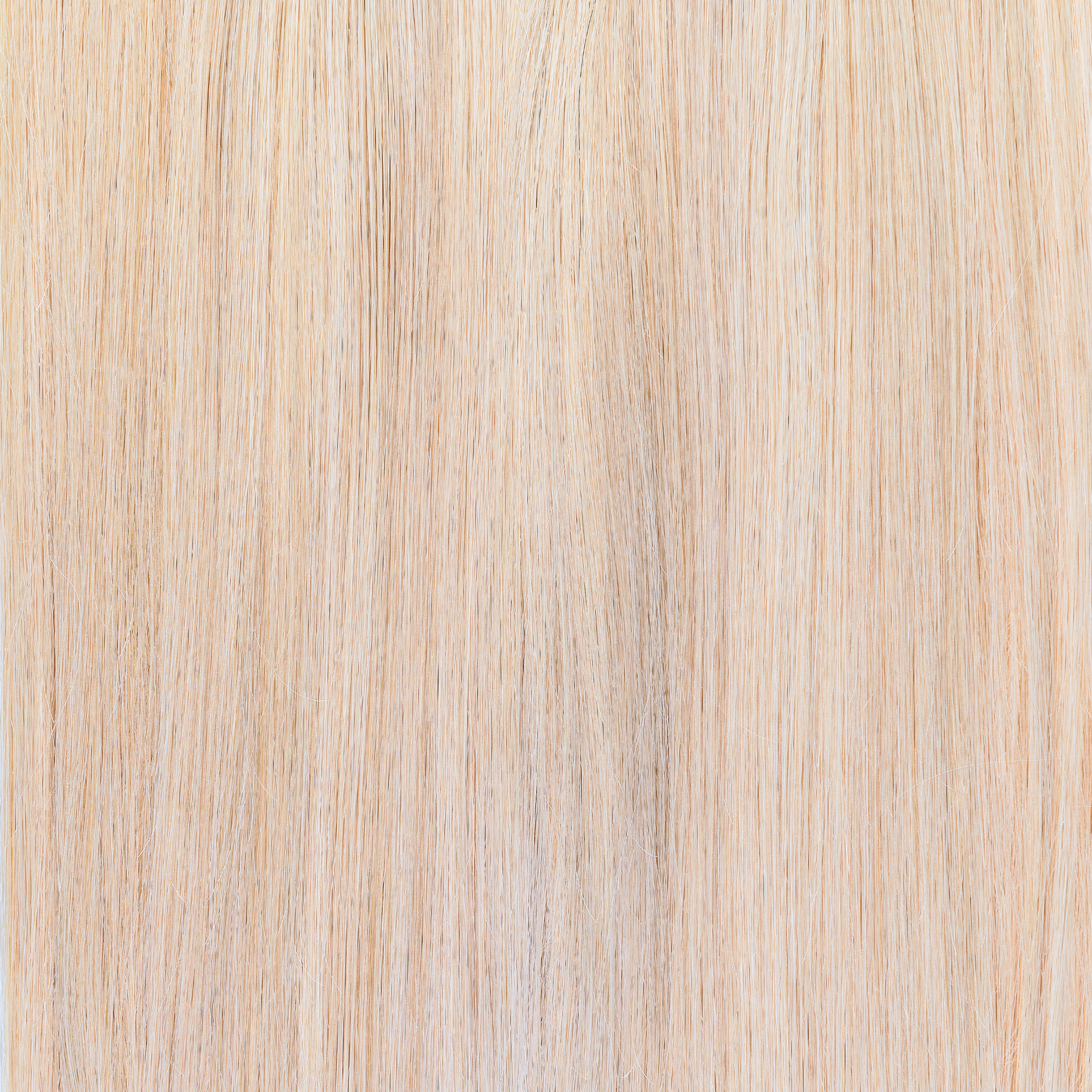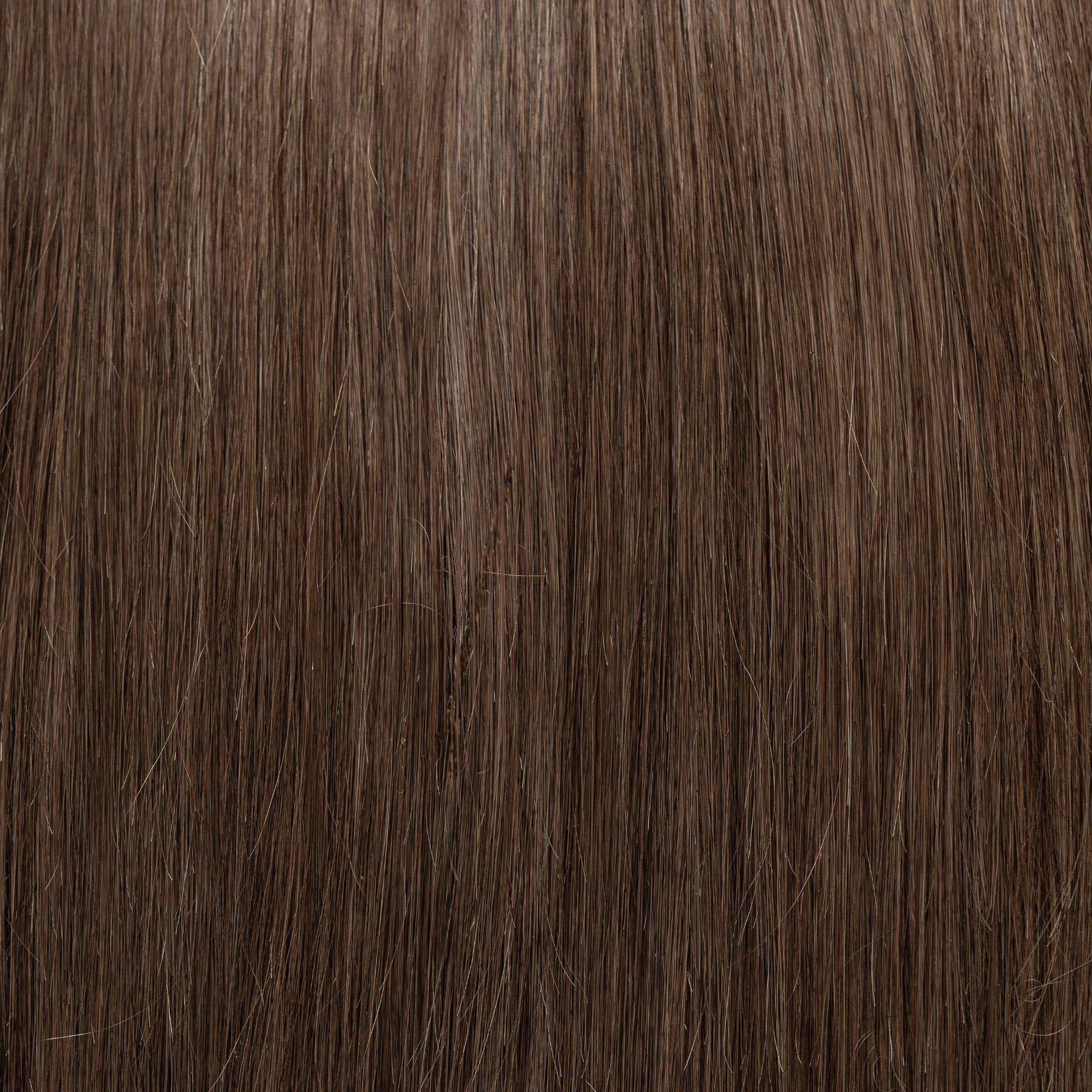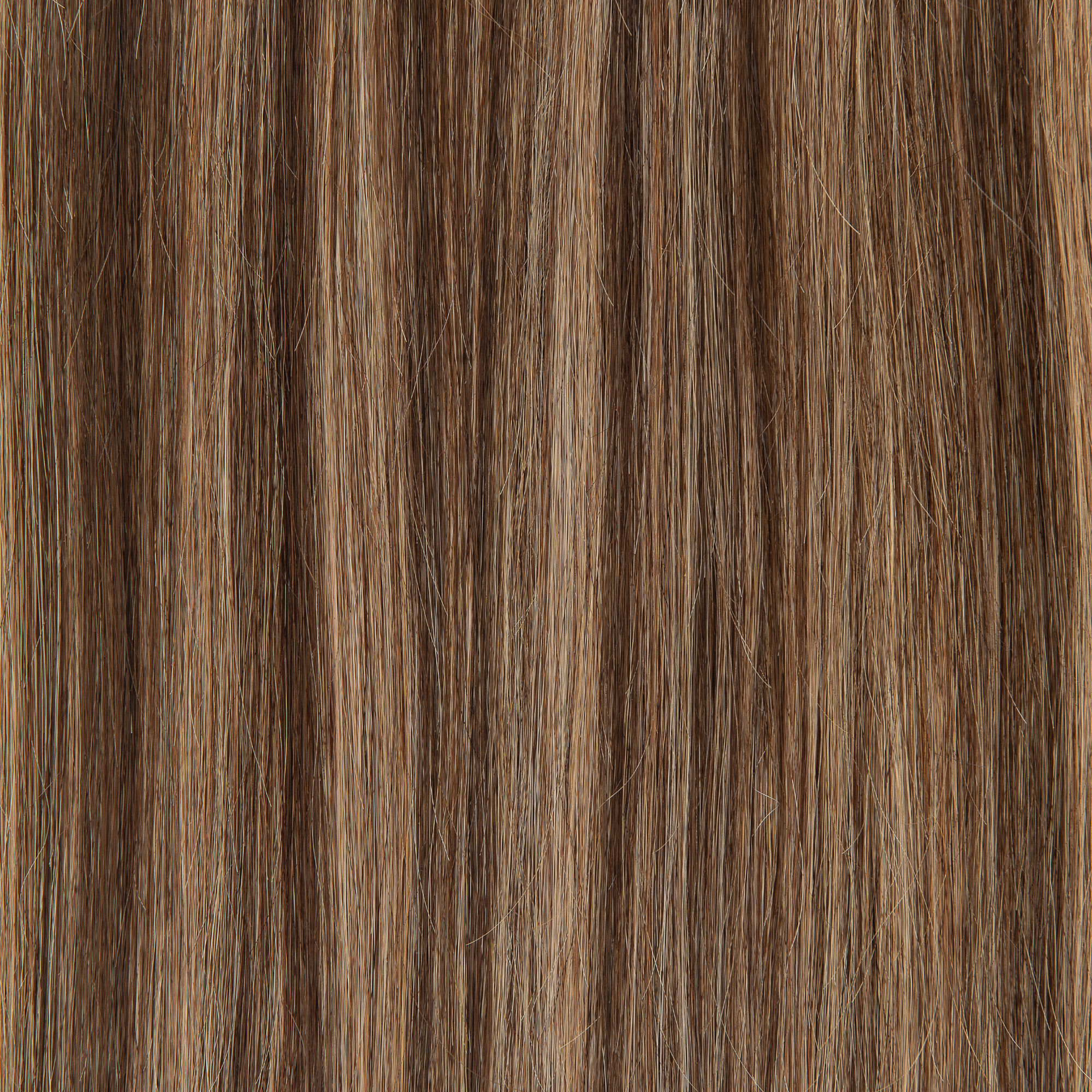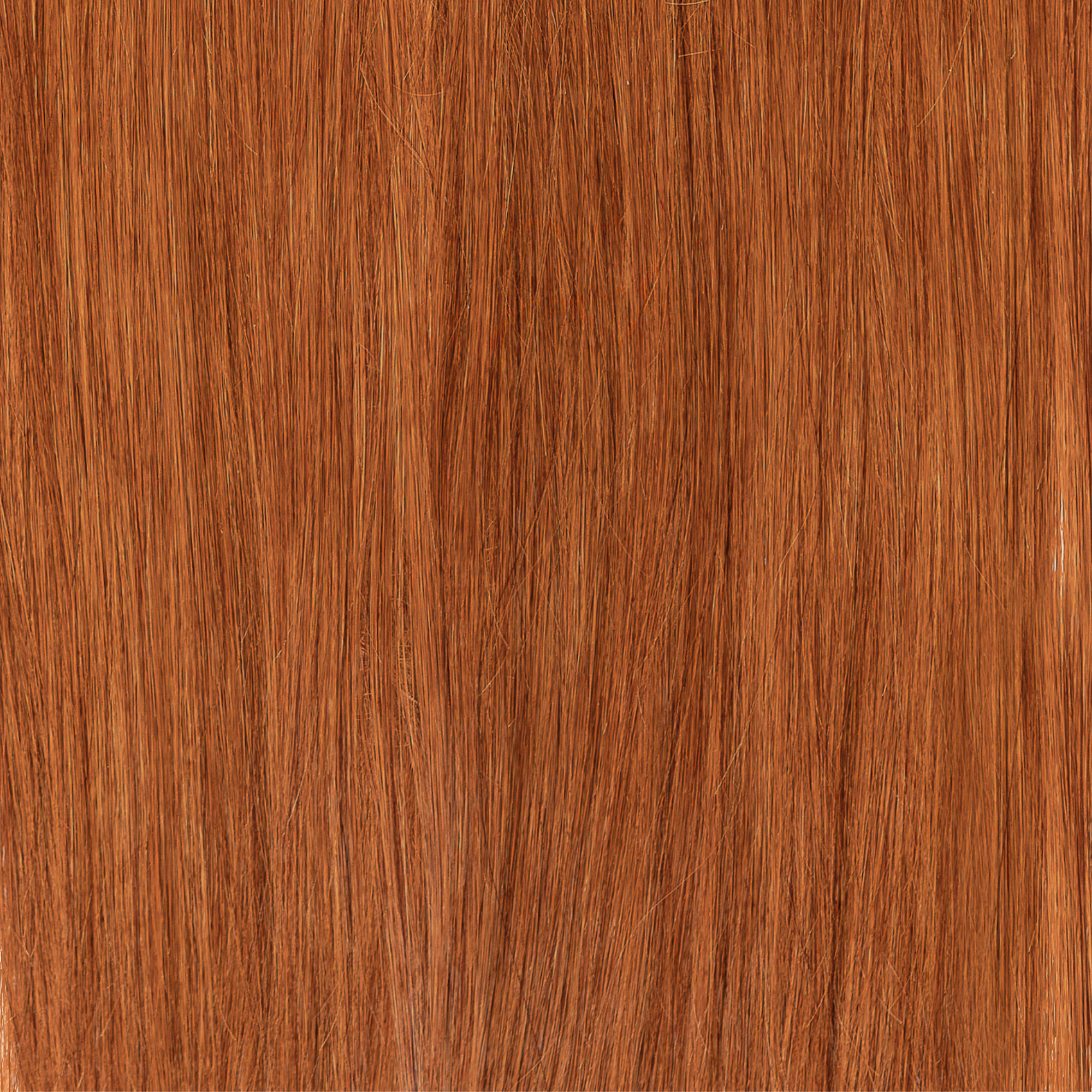
PCOS and Hair Loss: Comprehensive Guide to Understanding and Managing
- Irene GilmanEver wondered why hair loss seems to hit harder with PCOS? You’re not alone. This guide unpacks the connection between PCOS and hair loss, offering insights into managing and treating this challenging condition.
What Is PCOS?

Imagine your body as a finely tuned orchestra, and then imagine one section—let's say the percussion—starts playing out of sync. That's kind of what happens with Polycystic Ovary Syndrome, or PCOS. This common hormonal disorder usually hits folks with ovaries in their late teens to early 30s, and it seriously disrupts the harmony of your menstrual cycle. Your periods may go from predictable to erratic, and unpredictable; facing irregular periods that come and go as they please. Then there are the cysts—small, fluid-filled sacs that can appear on your ovaries, adding to the chaos. And if that wasn't enough, PCOS can ramp up the levels of male hormones in your system, leading to symptoms like excess hair growth and acne. It's like your body’s putting on a wild, unpredictable performance.
How PCOS Affects Hair Health

PCOS can seriously mess with your hair. Those hormonal imbalances mean extra androgens (male hormones),which can lead to noticeable changes often referred to as PCOS hair loss. Think thinning hair on your scalp and unwanted strands sprouting in places you'd rather it didn't i.e. your chin area.
Causes of Hair Loss in PCOS
- Hormonal Imbalances: Elevated androgens can cause hair follicles on your scalp to shrink, leading to thinning strands.
- Genetic Factors: Your family history might make you more prone to hair loss. If it runs in your family, PCOS can make it worse.
- Other Contributing Factors: Insulin resistance, common in PCOS, can also contribute to hair loss. It's like an added burden on top of the hormonal imbalance and can be another cause of hair loss.
So, with PCOS, you’re dealing with more than just hormones—your hair could be affected too.
Recognizing the Signs of PCOS-Related Hair Loss
Spotting hair loss due to PCOS is key to managing it more effectively. Keep an eye out for gradual thinning on your scalp, especially near the crown and the front. You might also notice increased shedding or changes in hair texture. These signs, especially when they appear alongside other symptoms of PCOS, can be strong indicators of a connection.
Is Hair Loss from PCOS Reversible?
Yes, with the right hair loss treatment, PCOS-related hair loss can often be managed or even reversed. Treatment usually involves addressing the underlying hormonal imbalances.
Treating PCOS and Hair Loss: Medications, Hormonal Therapies, and Topical Treatments Explained

Medications
One of the primary treatments for PCOS and hair loss involves medications that address hormonal imbalances. Anti hair loss treatment often includes anti-androgens like spironolactone, which are commonly prescribed to help reduce levels of male hormones that contribute to thinning strands. These medications work by blocking the effects of androgens on hair follicles, which can slow down or even reverse hair loss. It's important to consult with a healthcare provider to determine the appropriate dosage and monitor any potential side effects.
Hormonal Therapies
Hormonal therapies, including birth control pills, can be effective as a female hair loss treatment when managing hair loss associated with PCOS. These pills help regulate menstrual cycles and reduce androgen levels, which can improve hair health over time. By stabilizing hormone levels, these therapies serve as a PCOS hair loss treatment that can prevent further hair thinning and promote regrowth. Different formulations of birth control pills may be recommended based on individual needs and health.
Topical Treatments
Topical treatments, such as minoxidil, offer another avenue for managing hair loss associated with PCOS. Minoxidil, an over-the-counter medication, is applied directly to the scalp and works by stimulating follicles and promoting growth, making it an effective scalp treatment for hair loss. It comes in a variety of strengths and formulations.. Consistent use is key to seeing results, and it may take several months before noticeable improvements occur. As a popular hair treatment for hair loss, minoxidil is generally well-tolerated, but potential side effects should be discussed with a healthcare provider.
Promoting Hair Growth Naturally


Herbal Supplements
Certain herbal supplements are believed to support hair growth and balance hormones, serving as a natural hair loss treatment. Saw palmetto, for example, is known for its potential to inhibit androgen production, similar to anti-androgens used in medical treatments. Other herbs like spearmint tea may help lower androgen levels and improve symptoms. Always seek advice from a healthcare provider before beginning any new supplements to ensure they are safe and suitable for your condition.
Essential Oils
Essential oils, such as rosemary and peppermint, have been used traditionally to promote your stands to grow and improve scalp health, making them considered by some as the best hair loss treatment for women. Rosemary oil can increase circulation to the scalp, which may encourage follicles to produce new strands. Peppermint oil has been shown to stimulate hair growth and enhance follicle health. To use, dilute a few drops of essential oil with a carrier oil (like coconut or jojoba oil) and massage it into the scalp. Regular use may help strengthen strands and reduce thinning
Scalp Massage
Regular scalp massage can improve blood circulation to your follicles, potentially addressing the cause of hair loss in women by promoting strand growth. Massaging the scalp for a few minutes each day using your fingertips or a massage tool can help increase nutrient delivery to the follicles and reduce tension. This simple practice can be incorporated into your care routine to support overall scalp health.
Lifestyle Changes to Manage Hair Loss


Diet and Nutrition
A balanced diet plays an important role in managing your PCOS. Focus on including foods rich in essential vitamins and minerals that support hair health. Iron, biotin, zinc, and vitamins A, C, and E are particularly important for maintaining strong, healthy strands. Incorporate lean proteins, whole grains, fruits, and vegetables into your meals to ensure you’re getting a variety of nutrients. For example, leafy greens, nuts, and fatty fish can provide important nutrients that help strengthen strands and reduce thinning. Avoid excessive sugar and processed foods, which can exacerbate PCOS symptoms and negatively affect overall health.
Stress Management
Stress can significantly impact hormonal balance and exacerbate PCOS symptoms, including hair loss. Since stress cause hair loss, effective stress management is essential for overall health and can help mitigate some of the effects of PCOS. Adding stress-reducing practices, like mindfulness meditation, deep breathing exercises, or yoga, into your daily routine.. Engaging in activities that you enjoy and finding time for relaxation can also be beneficial. Managing stress not only helps in reducing hair loss but also supports overall well-being and helps maintain hormonal balance.
Easy Hair Care Tips for Women with PCOS
Taking care of your strands while managing PCOS can be simple and effective. Here are some easy tips:
Use Gentle Products: Choose shampoos and conditioners that are mild and free from harsh chemicals. This will help protect your strands and keep it healthy.
Avoid Excessive Heat: Try to let your strands air dry naturally whenever you can. If you need to use a blow dryer, make sure to set it to a low heat setting to prevent damage.
Strengthen Your Strands: Use protein masks to make your strands stronger. These treatments can help fortify your hair from the roots to the tips.
Add Volume Easily: On days when you want more volume or length, clip-in extensions are a quick and easy solution. They can give your strands an instant boost and help you feel more confident.
By following these simple steps, you can help manage your hair health while dealing with PCOS.
When to Consult a Specialist
If you're having trouble managing PCOS-related hair loss even after trying treatments, it might be time to see a specialist. An endocrinologist or a dermatologist can offer more options and give you personalized advice to better tackle the issue.
Conclusion
Managing hair loss due to PCOS requires a comprehensive approach, from medical treatments to lifestyle changes. With the right care, you can take control and support your hair health effectively. Atelier Extensions can also provide a quick solution to help you achieve fuller hair as you manage your hair health.
